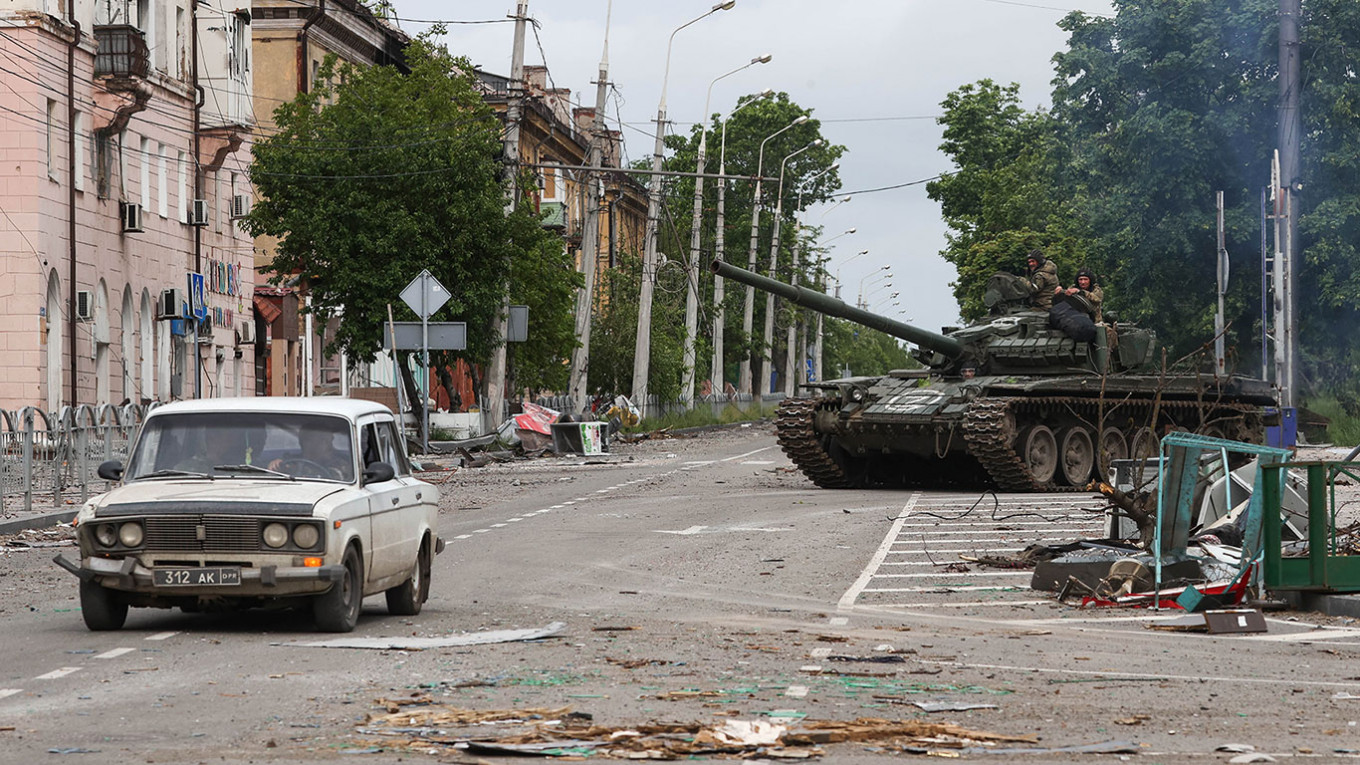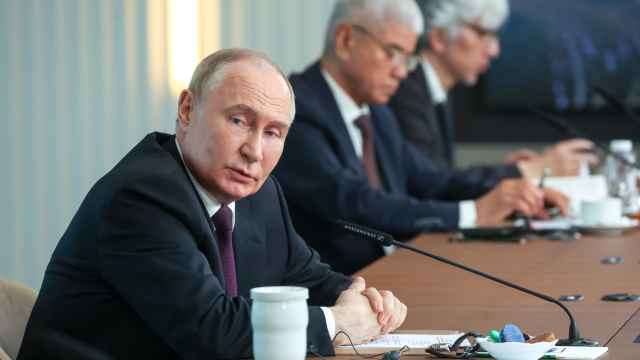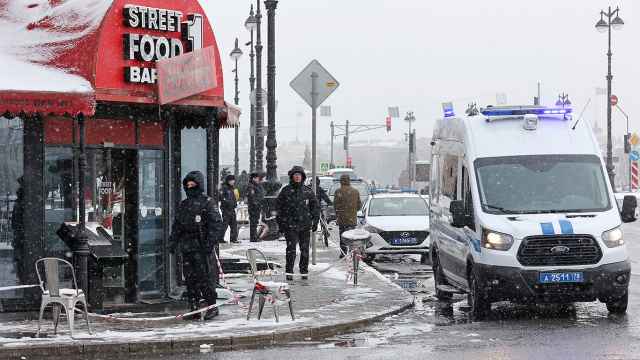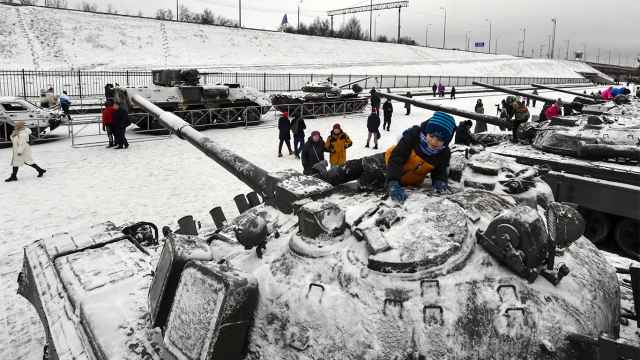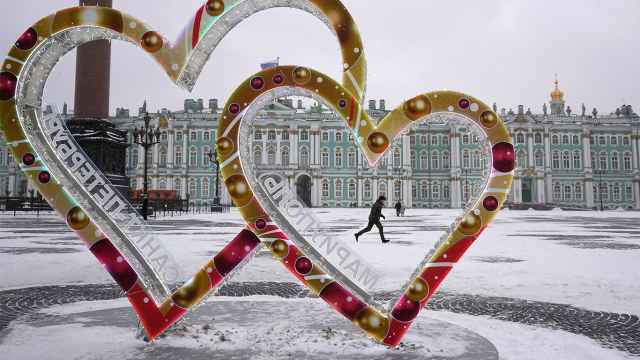St. Petersburg will establish a sister city relationship with the southern Ukrainian city of Mariupol and help in its restoration, Governor Alexander Beglov said Tuesday.
Russian forces claimed full control of Mariupol after the city's last Ukrainian defenders surrendered at the Azovstal steel plant last week, ending a devastating, nearly three-month siege that has flattened the city and killed thousands.
“Mariupol is going through a difficult stage today and we’re ready to assist in its revival,” Beglov said, vowing to establish construction, housing and utilities, healthcare, education and cultural ties between Russia's second-largest city and the strategic Ukrainian port.
Beglov plans to sign a sister city agreement with Mariupol’s Moscow-installed mayor Konstantin Ivashchenko “as soon as possible,” the St. Petersburg administration’s website said after phone talks between Beglov, Ivashchenko and separatist Donetsk People’s Republic leader Denis Pushilin.
Pushilin said last week that 60% of homes in Mariupol are “beyond repair.”
Meanwhile, Moscow will reportedly “adopt” and likely finance infrastructure projects in the separatist pro-Russian cities of Donetsk and Luhansk, the RBC news website reported Monday, citing an unnamed source close to the Moscow Mayor’s Office.
If confirmed, the Russian capital will be at least the seventh Russian federal subject to publicly pledge infrastructure support in the Donetsk and Luhansk regions known collectively as the Donbas, according to RBC.
“Officials from Russia will solve problems easier and faster than local officials who don’t know what to start on,” RBC quoted one of its federal sources as saying.
Beglov's statement comes amid increasing signals that Russia could permanently occupy territories it has captured during its three-month invasion of Ukraine.
President Vladimir Putin recognized both Donetsk and Luhansk as independent republics in the run-up to Russia's invasion of Ukraine in late February. Both the separatist leaders of the Donbas and Moscow-appointed authorities in captured Ukrainian territories have indicated they would like to become part of Russia.
The Kremlin has publicly rejected claims that Russia was seeking to permanently occupy captured Ukrainian territories, emphasizing the “will of the people” on future decisions.
One-fifth of Ukrainian territory — including annexed Crimea, the Donbas, as well as the Kharkiv, Kherson and Zaporizhzhia regions captured during the 2022 invasion — is currently under Russian occupation, according to Forbes Ukraine’s calculations.
A Message from The Moscow Times:
Dear readers,
We are facing unprecedented challenges. Russia's Prosecutor General's Office has designated The Moscow Times as an "undesirable" organization, criminalizing our work and putting our staff at risk of prosecution. This follows our earlier unjust labeling as a "foreign agent."
These actions are direct attempts to silence independent journalism in Russia. The authorities claim our work "discredits the decisions of the Russian leadership." We see things differently: we strive to provide accurate, unbiased reporting on Russia.
We, the journalists of The Moscow Times, refuse to be silenced. But to continue our work, we need your help.
Your support, no matter how small, makes a world of difference. If you can, please support us monthly starting from just $2. It's quick to set up, and every contribution makes a significant impact.
By supporting The Moscow Times, you're defending open, independent journalism in the face of repression. Thank you for standing with us.
Remind me later.


